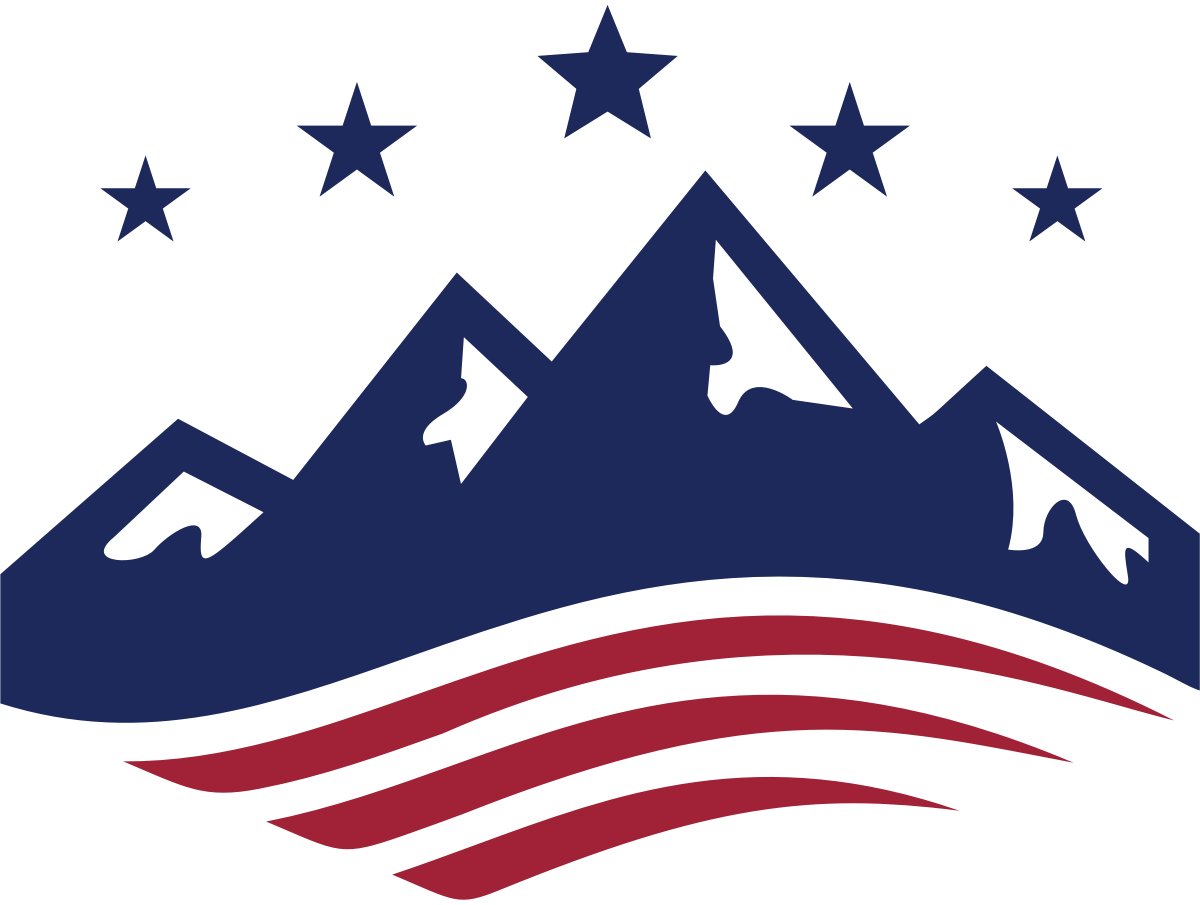
Written by Christine Cooke Fairbanks
May 2, 2024

Headlines about the Utah GOP nominating convention displayed how contentious politics are nowadays, and showed how hotly contested the races for the state school board have become as well.
An eagerness to have turnover in a state school board might reflect what people feel about education across the nation. A recent Pew Research Center survey found that over half (51%) of Americans think K-12 public education is going in the wrong direction.
Top reasons include that respondents feel like not enough time is being spent on core academic subjects (69%), teachers bring personal social and political views into the classroom (54%), and schools do not have sufficient funding and resources (52%). Another key reason, though only about one quarter of respondents reported it, was that parents had too much influence on what schools are teaching (26%).
For any Utah voters who also feel like K-12 public education is headed in the wrong direction, learning about the candidates running for a seat on the Utah State Board of Education (USBE) is a wise choice this election season.
Origins of the Utah State Board of Education
The Utah State Board of Education is a key policymaking body in the state. It was created in the Utah State Constitution, which says that it has “general control and supervision” over the public school system in the state. However, it does its work according to authority it is granted by statute created by the Legislature. (Much like a federal agency, which gets its authority for rulemaking from acts of Congress).
At the same time the Utah State Constitution says that the Legislature “shall make laws for the establishment and maintenance of a system of public schools.” For this reason, the state Legislature is also a key policymaking body for education, and the one that chooses how to fund it. This may explain why much of the state-level attention gets paid to legislators rather than state board members when it comes to education policy (to say nothing of attention given to federal-level candidates with little control over education).
To ignore the important work of the state school board is a bad idea for voters, especially if they have ideas or concerns about the path that public education is taking.
General purpose of state boards
State boards of education can look different, including how they are created or how the seats are filled, For instance, Utah’s 15 board members are elected in partisan elections, something that was changed via statute in 2016.
But regardless of structural specifics, most boards of education share a responsibility to oversee policies like graduation requirements, credentials of public school teachers, academic standards and accountability systems. All of this suggests the state board of education’s work is important to how our schools operate and thus our students’ learning outcomes.
One perspective is that state boards of education are supposed to function as the “citizens’ voice in education.” Of course, individuals have the right to speak for themselves about their perspectives and often join with like-minded citizens to have their voices heard on issues. But it is worth considering what voters might want a state school board to accomplish if it is seen as their voice in education in their state. During this 2024 election cycle, voters should not neglect studying up on the candidates who will represent them.
Policy issues
While there is an argument to be made that education ought to remain above politics, the reality is that public policy is never apolitical. The issues that state boards of education grapple with reflect what parents and voters care about and the concerns that are seen in society.
Therefore, a variety of policy issues will continue to be brought before the state board of education that are hot-button topics. How we approach pandemic learning loss, overcome chronic absenteeism, or implement federal requirements or guidance (especially when considered controversial) are all examples of how the state board of education impacts issues that also impact students.
Additionally, during the last legislative session, legislators prompted the state board to consider how to incorporate topics like the “success sequence” into state standards, a concept that is growing in awareness and popularity though not without some criticism. The point is that those who want to impact education in Utah need to prioritize learning about their representative on the state board or candidates vying for that role in an election year.
Conclusion
The state board of education is a crucial policymaking body in the state. Hopefully, voters take advantage of this election cycle and weigh in with an informed vote.

Insights: analysis, research, and informed commentary from Sutherland experts. For elected officials and public policy professionals.

- State boards of education are important policymaking bodies across the nation.
- Voters should learn about the candidates hoping to sit on the Utah State Board of Education.
Read More
Gen Z has been named the ‘Toolbelt Generation.’ Is that a good thing?
Many Gen Z young adults are choosing trades over the college track due in part to concerns about the value of college.
What the college protesters get wrong
College campus protests over the war between Israel and Hamas continue to make headlines. Do these protests stand in opposition to American principles?
What does the U.S. Constitution say about political protests?
The First Amendment guarantees of speech and peaceable assembly protect some aspects of protests, but there are significant limitations on what protesters can do.


